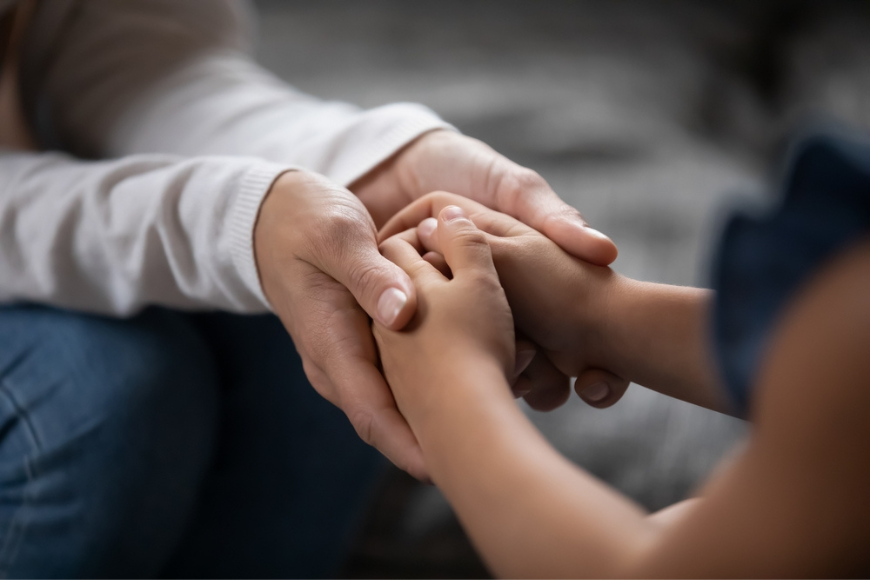Oman spent alot of its history as an underdeveloped country but over the years they have continue to grow and expand their wealth.
18 July 2013
| Last updated on 14 June 2017
Until Sultan Qaboos bin Said exiled the previous Sultan in 1970, Oman was an under-developed nation, and almost completely closed to visitors. Since that time, education, public works and tourism have taken off throughout the country. Omanis are friendly people and are proud of both their country's rapid progress and their heritage as one of the great sea-faring nations. Excellent schools and hospitals, good governance, and on-going infrastructure improvement are all important characteristics of this once introverted and closed nation.

In building a modern state, Sultan Qaboos’ chief strategy has been to create a highly trained local workforce through intensive investment in education. Schooling is free, even at tertiary level, and provision is made (until recently by helicopter) for children of even the remotest villages.
With limited oil revenues, Oman cannot sustain costly expatriate labour, so a policy of ‘Omanisation’ in every aspect of the workforce is rigorously pursued. In contrast to the rest of the region, it is refreshing to find locals of both sexes working in all sections of society, from petrol pump attendants to senior consultants.
Two central ‘stays’ of the economy are self-sufficiency in food production, realised through intensive agriculture along the Batinah coast, and diversification of the economy. These schemes include the export of natural gas from a successful plant near Sur; an enormous port project in Salalah, the first phase of which is now complete; and the Sohar port project. The latter has already helped turn Sohar into a city reminiscent of its illustrious past with a university and large hospital complex. The decision to disperse new economic initiatives across the regions has helped keep local communities buoyant and helped slow the exodus of villagers migrating to the capital.
A third central ‘stay’ of the economy is tourism, which is growing rapidly. A large resort complex, Bandar Jissah, opened in the capital area in 2005, and in 2006 the Wave, a seafront residential and tourism development, started offering expats the opportunity to own property in Oman for the first time. Blue City, one of the largest development projects on the Arabian Peninsula, is underway, with plans for an entire new town, canals, marinas, luxury hotels and recreational facilities carved out of the desert around Sawadi.





















































_2.jpg?itok=XEABuHuU)















































_2.jpg?itok=j80YWwf-)



















